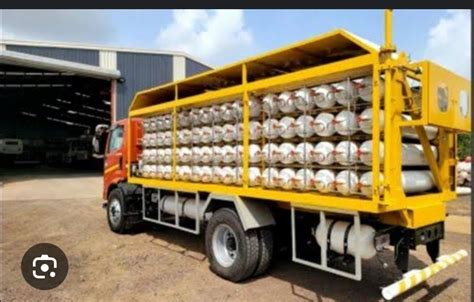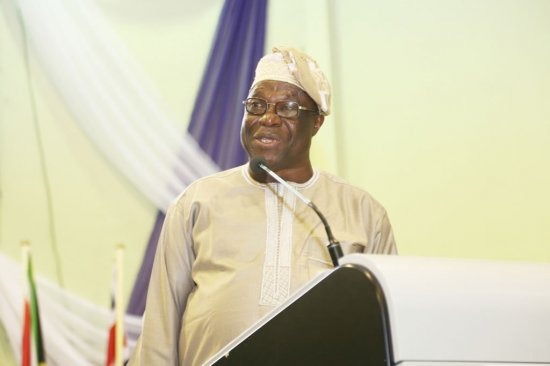Alfa Designs Nigeria Ltd., a leading oil and gas company, says it is set to deploy Compressed Natural Gas (CNG) cascade to proximity areas to spur its availability in the country, disclosed the Group Managing Director/Chief Executive Officer of the company, Mr Quadri Fatai.
CNG cascade is a system of interconnected, high-pressure gas cylinders used for storing and transporting CNG.
It is essentially a series of cylinders arranged in a way that allows for efficient storage and dispensing of CNG.
Various reports reveal that motorists have raised concern and complained bitterly about the unavailability of CNG and constant queues at refilling stations in the country.
Speaking, Fatai said the company was working out modalities to ensure that issues responsible for CNG unavailability were adequately addressed, adding that the proximity of having CNG around should be considered.
The expert said it had procured the first batch of 10 CNG cascades, which would be deployed soon after certification.
He said it was currently engaging the Standards Organisation of Nigeria third party inspection company for inspection, certification and licence issuance for the cylinders.
In order to ease distribution to different areas of proximity, he said it would also deploy a 100 per cent CNG-powered truck with a self-loader for distribution/dispensation of CNG.
“We are deploying about 450kg capacity CNG cascade (a storage facility) at designated places, which will allow CNG to be filled and stored in it with total weight at three tonnes.
“We are also coming with 100 per cent CNG-powered truck vehicle with self loader for distribution and dispensation.
“The idea is for the cascade to be filled and deployed at various fuel refilling partners’ outlets, where motorists can access to refill their vehicles.
“Once the inspection and certification of the cylinders are completed, the next thing is to ship them to Nigeria and do clearing,’’ he added.
He described logistics and limited infrastructure as the major factors behind unavailability of CNG, adding that the logistics involved in handling CNG projects are quite a lot.
“And in order for you to understand the fundamental principle of these factors, I will need to quickly make a simple narrative between Liquefied Petroleum Gas (LPG) and the CNG.
“It is easier to deploy LPG than to deploy CNG, because the LPG operates at almost 35 bar pressure, while CNG is operating between 200 to 300 bar.
“The pressure is the function of the thickness or weight of the material. So, what it means is that the LPG cylinder will always be lighter in weight compared to the weight of the CNG cylinder,” he said.
The expert said that the company was coming up with a lot of packages and initiatives to ease or solve the logistic issues to enable availability of CNG in the country.
He said to ease CNG deployment across the country, necessary logistics should be provided to handle the weight of the CNG and bring it in a compatible shape.
He further underscored the need to encourage companies that would like to build mother station infrastructure, to gradually extend the pipeline network of gas distribution.
He said concern had been raised on the safety, economic benefits and global regulations and compliance of CNG conversion, including factors bothering its logistics and usage.
According to him, to foster safety, the Nigeria Institute of Standards and SON are supposed to be checking continuously the integrity of the LPG and CNG cylinders.
He decried the fact that because of the price associated with CNG kits and cylinders, quacks are already locally fabricating the cylinders, toying with explosive things.
“The destructive power of a four-bar gas cylinder is almost equivalent to one grenade (an explosive military weapon),’’ he warned.







